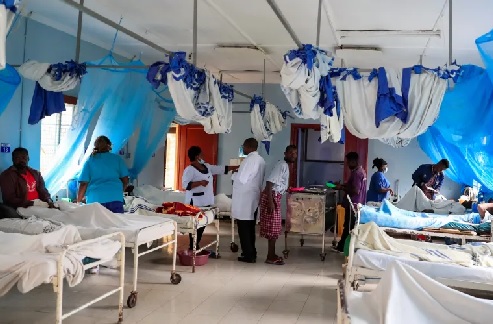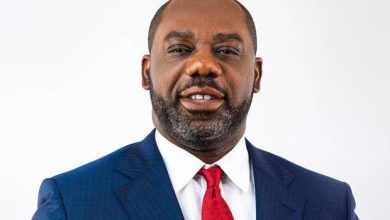Public workers in Africa see wages fall — Survey

Public spending cuts across six African countries have resulted in the incomes of health and education workers falling by up to 50 per cent in five years, leaving them struggling to make ends meet, according to international NGO ActionAid.
The Human Cost of Public Sector Cuts in Africa report, published on Tuesday, found that 97 per cent of the healthcare workers it surveyed in Ethiopia, Ghana, Kenya, Liberia, Malawi and Nigeria could not cover their basic needs, such as food and rent, with their wages.
The International Monetary Fund (IMF) is to blame for these countries’ failing public systems, the report said, as the agency advises governments to significantly cut public spending to pay back foreign debt.
As the debt crisis rapidly worsens across the Global South, more than three-quarters of all low-income countries in the world are spending more on debt servicing than on health care.
For example, in 2024, Nigeria allocated only four per cent of its national revenue to health, while a staggering 20.1 per cent went toward repaying foreign debt,” said ActionAid Nigeria’s Country Director, Andrew Mamedu.
The report highlighted how insufficient budgets in the healthcare system had resulted in chronic shortages and a decline in the quality of service.
Women also appear to be disproportionately affected.
“In the past month, I have witnessed four women giving birth at home due to unaffordable hospital fees. The community is forced to seek vaccines and immunisation in private hospitals since they are not available in public hospitals.”
“Our [local] health services are limited in terms of catering for pregnant and lactating women,” said a healthcare worker from Kenya, who ActionAid identified only as Maria.



